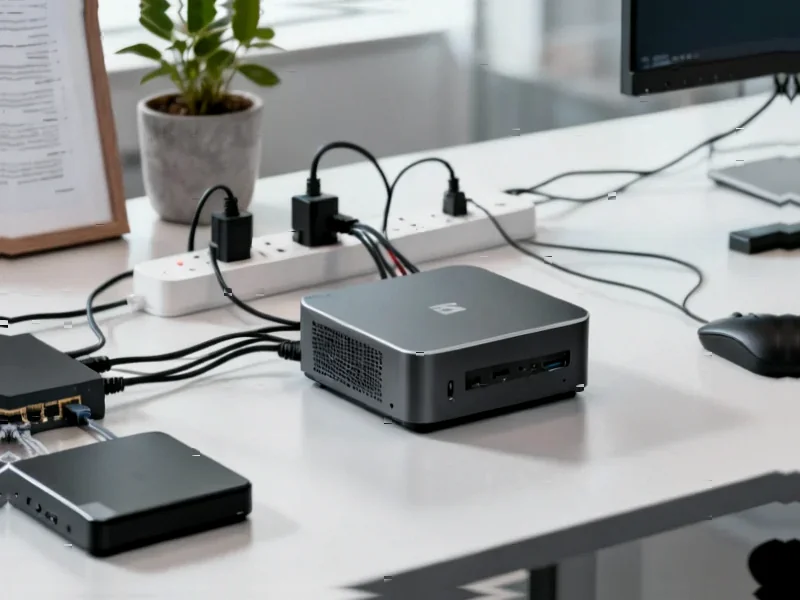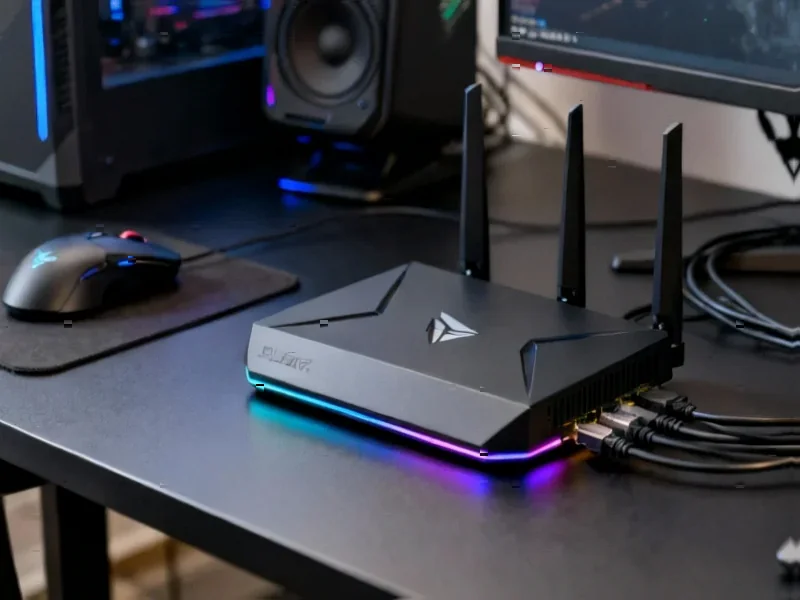According to The How-To Geek, MSI has launched a single-board computer using Intel x86 processors in a Raspberry Pi-like form factor. The MS-CF16 V3.0 measures 101 x 73 millimeters and weighs 300 grams, featuring Intel Alder Lake, Amston Lake, or Twin Lake processors with three specific CPU options: the Intel Atom X7433RE (4-core, 3.4 GHz, 9W TDP), Intel Processor N97 (4-core, 3.6 GHz, 12W TDP), and Intel Processor N150 (4-core, 3.6 GHz, 6W TDP). The board includes extensive connectivity with two USB 3.2 Type-A ports, two USB 2.0 ports, dual Ethernet connectors, M.2 slots for storage and wireless modules, and support for dual displays. Designed for extreme environments with operating temperatures from -40°C to 70°C using only passive cooling, the device targets industrial applications but isn’t available through standard retail channels in the US, though it can be sourced from authorized distributors in Canada and Germany. This represents a significant move into the embedded computing space traditionally dominated by ARM-based solutions.
The Industrial Computing Market Realignment
MSI’s strategic entry into the industrial single-board computer market represents a calculated diversification beyond their traditional gaming and consumer electronics stronghold. The industrial embedded systems market has been experiencing steady growth, projected to reach $116.2 billion by 2025 according to MarketsandMarkets research, with increasing demand for compact, reliable computing solutions in automation and edge applications. By leveraging their manufacturing scale and Intel partnership, MSI can potentially undercut specialized industrial computing providers while offering better performance than typical ARM-based solutions. The company’s press release positioning explicitly targets multiple high-value industrial segments including factory automation, medical equipment, and transportation infrastructure—markets where reliability and long-term support outweigh initial cost considerations.
The x86 Architecture Advantage in Industrial Applications
The decision to use Intel x86 processors rather than ARM architecture provides significant competitive advantages in industrial environments. While ARM dominates consumer single-board computers, industrial applications often rely on legacy software and specialized drivers that were developed for x86 systems. The Intel Atom X7433RE and other processor options maintain compatibility with existing industrial software ecosystems, reducing migration costs and technical barriers for enterprises. This compatibility extends to real-time operating systems, industrial automation software, and specialized applications that may not have ARM equivalents. The ability to run standard Windows versions also opens possibilities for digital signage and kiosk applications where Windows-based software is already established.
Extreme Environment Engineering Challenges
Achieving reliable operation across a -40°C to 70°C temperature range with passive cooling alone represents significant engineering achievement. Most consumer-grade computing components experience performance degradation or failure outside standard 0°C to 40°C operating ranges. The thermal design of the MS-CF16 V3.0 likely incorporates advanced PCB materials, specialized component selection, and sophisticated power management to maintain stability. This temperature tolerance makes the board suitable for outdoor applications, unheated industrial facilities, and transportation systems where environmental control isn’t feasible. The passive cooling approach also eliminates fan failure points—a critical consideration in industrial settings where maintenance downtime carries substantial costs.
Competitive Landscape and Market Positioning
MSI’s entry creates new competition dynamics in the industrial single-board computer market. Traditional players like Kontron, Advantech, and Aaeon now face competition from a company with massive consumer manufacturing scale. Meanwhile, Raspberry Pi’s industrial division encounters its first serious x86 competitor in the compact form factor space. The distribution through specialized industrial suppliers like Rosch Computer indicates MSI understands the specialized sales channels required for this market segment. Pricing will be crucial—if MSI can leverage their volume manufacturing to offer competitive pricing against established industrial computing providers, they could capture significant market share in growing segments like industrial IoT and edge computing.
Future Implications for Embedded Computing
This move signals potential future trends in embedded computing architecture. The availability of efficient x86 processors like the Intel Processor N150 with 6W TDP enables new competition in power-constrained applications traditionally dominated by ARM. We may see other major PC manufacturers following MSI’s lead into industrial embedded markets as consumer PC growth stabilizes. The convergence of industrial and consumer computing technologies could accelerate, bringing faster innovation to industrial applications while potentially lowering costs through economies of scale. However, the specialized requirements of industrial markets—including long-term availability guarantees, extended support cycles, and certification requirements—will test whether consumer-focused companies can successfully adapt their business models.




